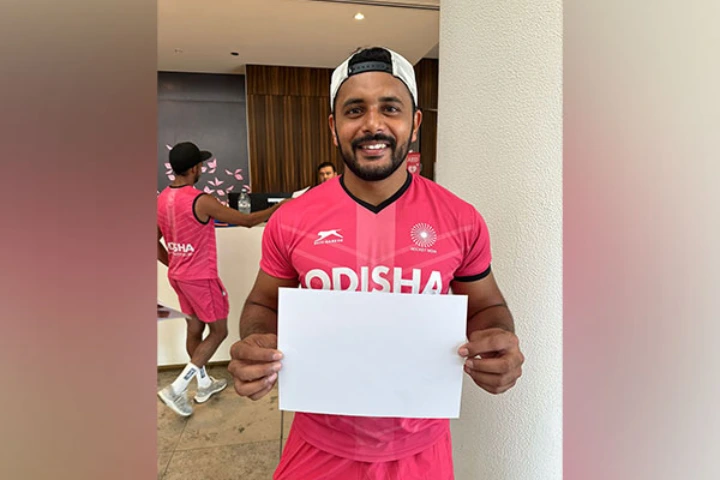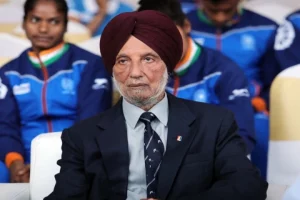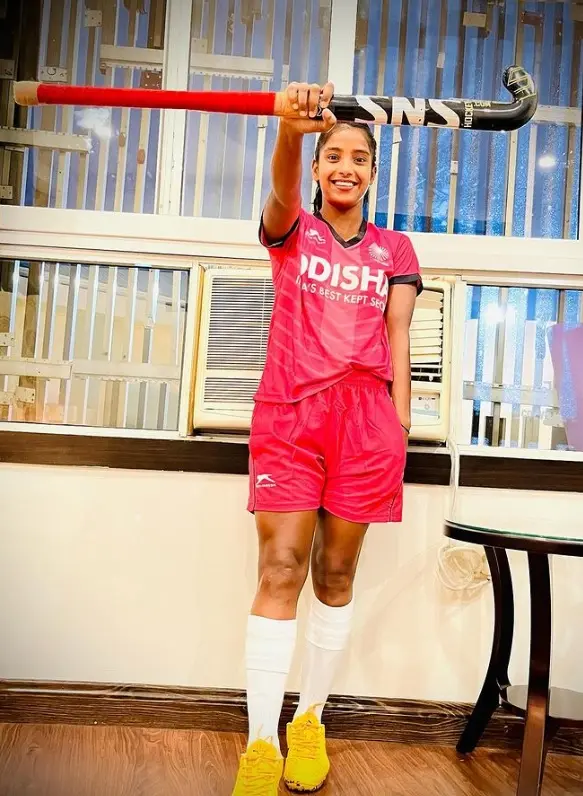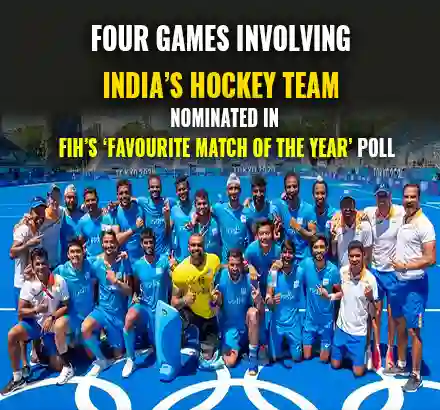On the occasion of the International Day of Sport for Development and Peace, observed on April 6 every year, the Indian hockey captains joined the #WhiteCard Campaign to showcase their commitment towards peace efforts worldwide.
Just like various colour cards in the sporting world, the White Card is a symbol to promote worldwide peace efforts.
Joining this global initiative, the Indian men’s hockey team captain Harmanpreet Singh, who is currently in Perth, Australia, for the five-match series against the home team, said, “Sport has the power to change the world, unite all and bring people from various religion, sect, state, and even countries together on a common platform to perform as equals.”
“Along with my teammates, I pledge my support for the International Day of Sport for Development and Peace through this unique #WhiteCard initiative, which acts as a unifying symbol for inclusion and peace. This is a wonderful initiative to promote peace-through-sport movement across the world,” added the ace drag-flicker and defender.
Lending voice to this campaign, Indian women’s hockey captain Savita expressed, “Sport teaches us to look beyond language barriers, caste, race and religion. Over the years, through my career in hockey, I have come to believe that sport can empower people, particularly women. Let’s join the International Day of Sport for Development and Peace through the #WhiteCard movement for peace through sport.”
The #WhiteCard initiative is an annual worldwide digital campaign started in 2013. It was founded by the United Nations and is supported by the International Olympic Committee. The International Day of Sport for Development and Peace celebrates the power of sport to promote social change and foster peace. Annually celebrated on April 6, it coincides with the anniversary of the first modern Summer Olympic Games in 1896.

















